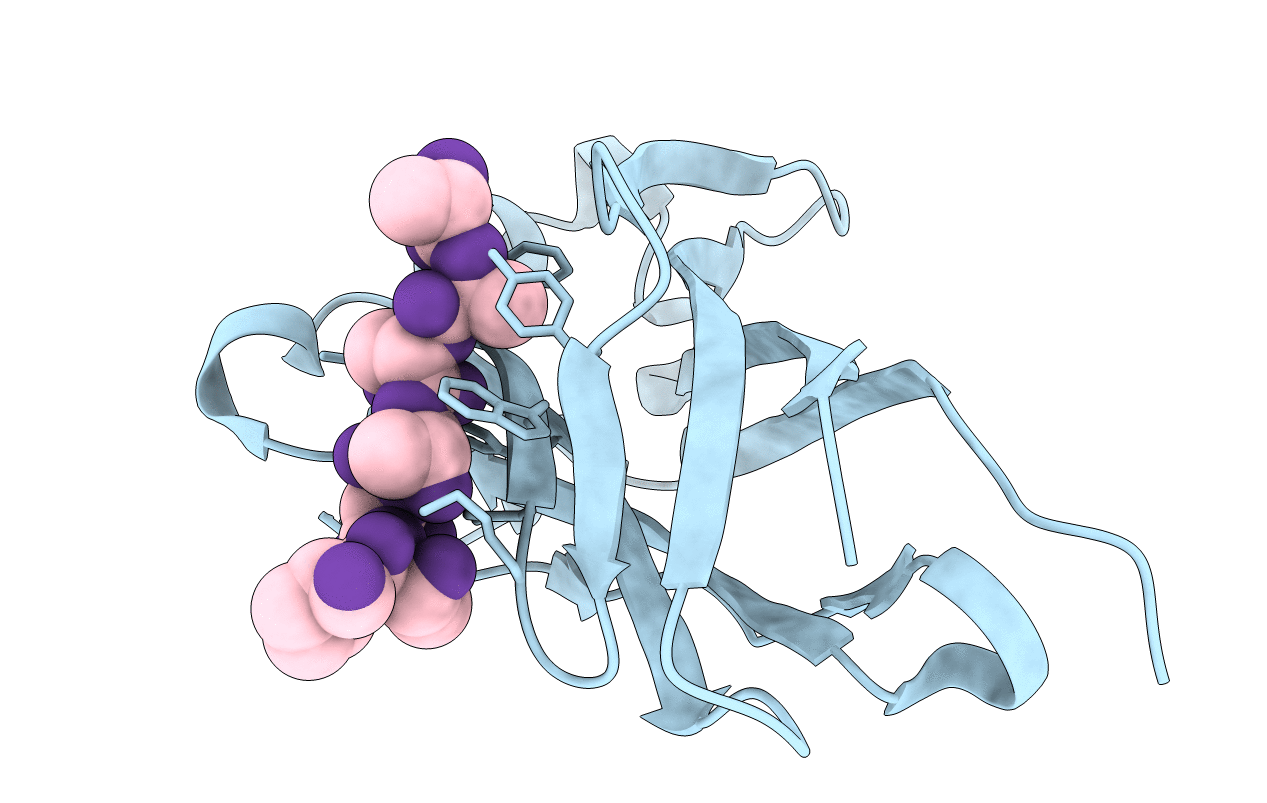
Deposition Date
2018-11-08
Release Date
2019-05-08
Last Version Date
2024-01-24
Entry Detail
PDB ID:
6I41
Keywords:
Title:
Co-crystal structure of human SPOP MATH domain (wild-type) and human BRD3 fragment
Biological Source:
Source Organism(s):
Homo sapiens (Taxon ID: 9606)
Expression System(s):
Method Details:
Experimental Method:
Resolution:
1.90 Å
R-Value Free:
0.23
R-Value Work:
0.18
R-Value Observed:
0.19
Space Group:
C 1 2 1


